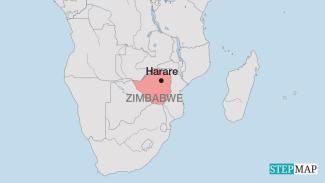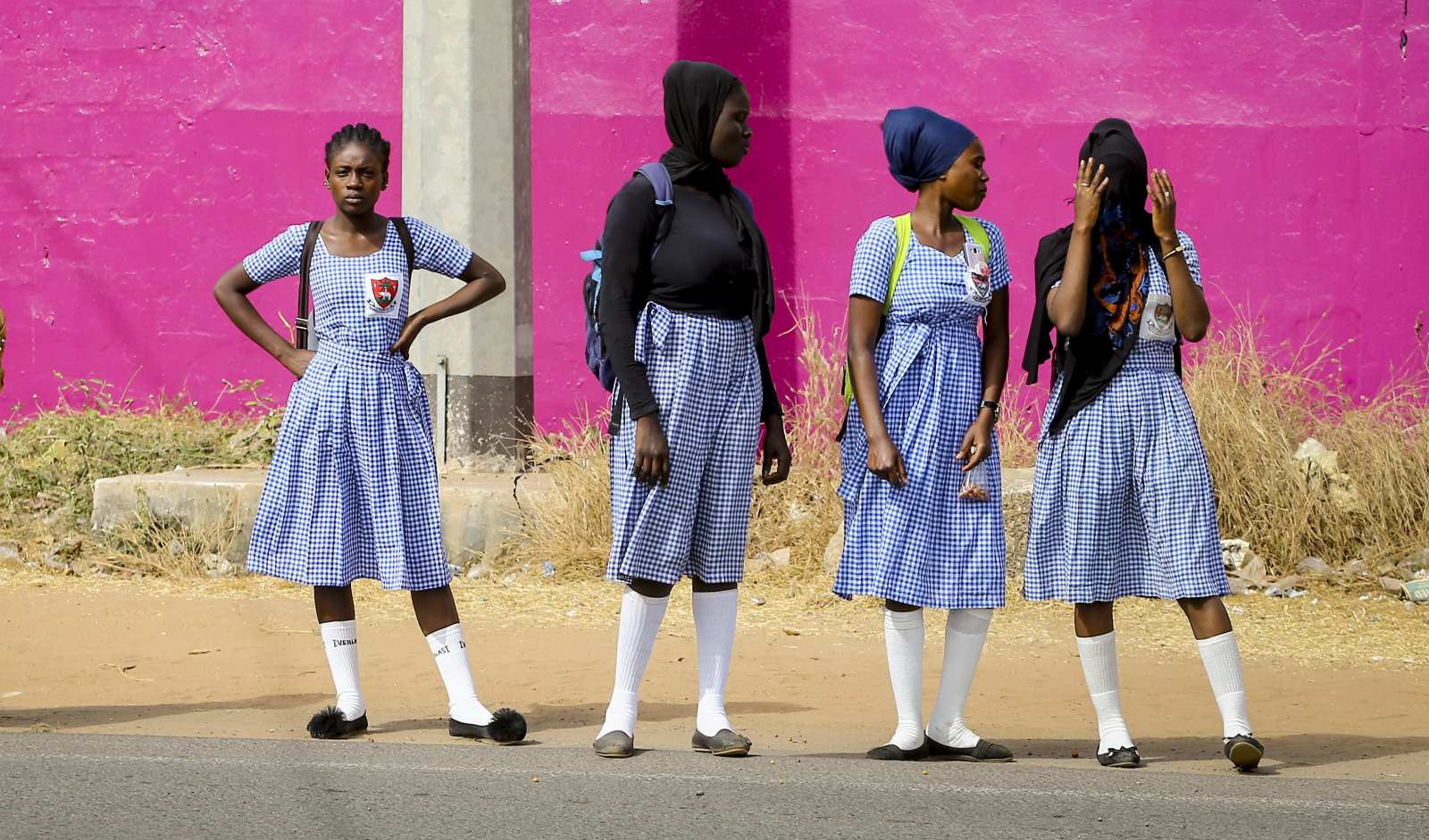Fighting misinformation
Promoting media literacy to fight misinformation

The nature of social media in how information spreads fast, going “viral,” means that consumers may not have time to verify its authenticity. Media literacy means that individuals can assess the reliability of information. They can do this by checking and verifying their sources. Media literacy recognises the freedom of people to express themselves and air their opinions. However, it prescribes that this entitlement must be exercised with caution.
Zibusiso Moyo, a young Zimbabwean in the Lupane District of Matabeleland North Province, cares about media literacy. She is conducting a social experiment in which she monitors the spread of rumours using face-to-face interactions with rural folk.
Moyo’s work began at the onset of the Covid-19 pandemic. She was concerned at the degree to which lack of media literacy endangered lives. Many falsehoods about the novel Covid-19 virus made rounds on social media, hampering legitimate efforts to curb the spread of the virus. The situation is worse in rural Zimbabwe, for many reasons. “At the moment, I monitor and investigate health-related rumours. The Covid-19 and polio outbreaks suffered from many rumours. Now, misleading information is going around regarding the current influenza outbreak, claiming that Covid-19 has reappeared,” she says.
Through her networks, Moyo gets the opinions or news that community members have on certain topics. “Community members always contact me and interact with me in person or in groups if they come across information such as job advertisements, news or WhatsApp shares. Together, we try to verify the authenticity,” she says.
Media literacy in Zimbabwe is also promoted by Sunshine Cinema, a social enterprise that trains under-resourced young people to become Sunbox Ambassadors so that they can use a Sunbox (solar-powered mobile cinema) to conduct screenings on relevant issues and spark social change.
Pretty Nxumalo, the programme manager at Sunshine Cinema, says that during the Covid-19 pandemic and the 2023 pre- and post-election period in Zimbabwe, her organisation used WhatsApp groups to gather real-time data on circulating rumours about various vaccines and election updates.
Nxumalo says that WhatsApp and other platforms enable communities to report on rumours easily, confirm if the information that they had received was reliable or fake and have conversations on circulating information within their communities. Sunshine Cinema also conducts workshops to promote media literacy and critical thinking skills.
Moyo’s work is far from done. The use of digital tools and platforms, which continue to promote information democracy, means that the work of teaching media literacy, especially to young people, is very necessary.
Lungelo Ndhlovu is a freelance journalist based in Bulawayo, Zimbabwe.
ndlovu.lungelo@gmail.com














